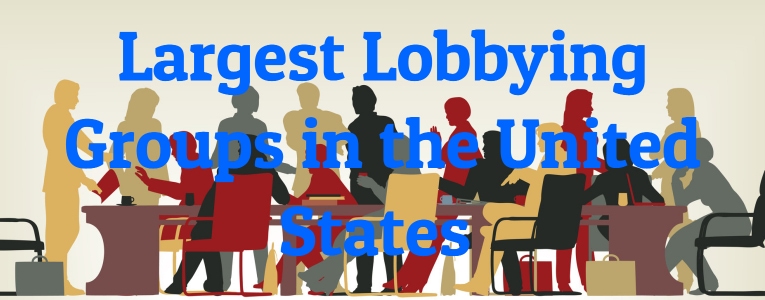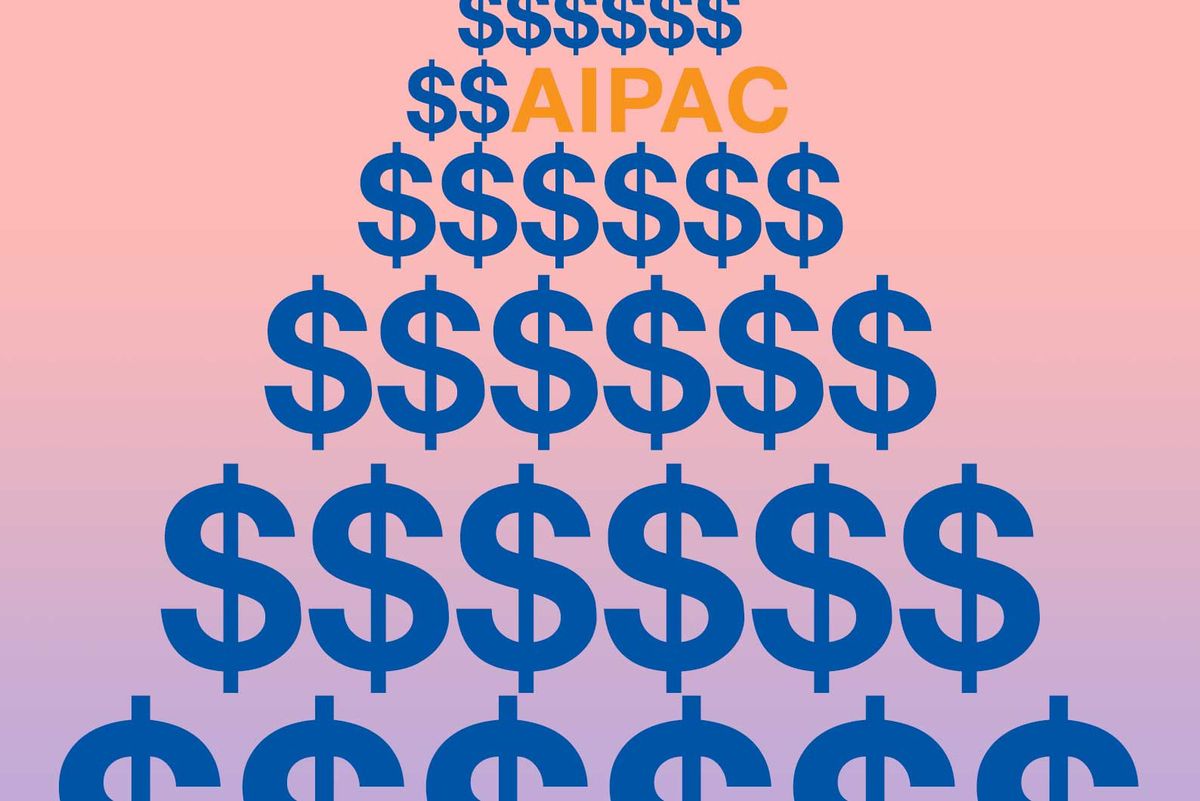So sorry Sparky but wrong again. AIPAC spends about $3.5 million each year on lobbying compared to say Native American groups who spend roughly $22 million each year on lobbying.
Of those groups mentioned who are the most influential in lobbying? They also spend the most in lobbying:
Congresswoman Ilhan Omar’s controversial comments, repeatedly suggesting that the relationship between the United States and Israel is fueled by vast sums of lobbying money, have been condemned by several of her fellow Democrats. Still, her allegations linger , with The New York Times publishing...

www.tabletmag.com
When I served the California Association of Realtors I met some lobbyists and came to appreciate them. What they do is a cheaper way for the Congress to get professional data and information than say the Congress enters all business and as ignorant lawyers investigate the firms. Congress won't ban them. They need them.
The California Association of Realtors® (CAR) spends a huge chunk of its member dues on political lobbying — so where is that money going?

journal.firsttuesday.us
A California real estate giant
It’s no secret that the California Association of Realtors® (CAR) is a massive force in lobbying for candidates and legislation in California — and it’s been at it for a long time.
In 2010, CAR was respectively the 5th and 4th largest contributor to state senate and assembly elections,
according to Ballotpedia. Not much has changed.
And that’s before taking into account what CAR spends on campaigning for ballot measures and other initiatives, or associated
political action committees (PACs) like the California Real Estate PAC (CREPAC) and the Issues Mobilization PAC (IMPAC) — not to mention the political arm of CAR’s countrywide manifestation, the National Association of Realtors® (NAR).
Clearly, CAR and friends wield a significant amount of influence in both state and local politics. So far, the association doesn’t own the state legislature — but it’s purchased a big chunk of lawmakers’ attention.
Additionally, CAR’s ubiquity in the California real estate industry — from its virtual
forms monopoly to its sway over approximately 60% of active licensees — gives it a unique platform from which to espouse its political opinions.
In light of all that, it might be helpful to answer a few questions: Where does CAR get its lobbying money? What is it lobbying for? Where does the money actually go? And is it actually doing what you think it is?
I scratch your back, you scratch mine
The first question is the easiest to answer — after all, CAR is upfront about using its member fees for lobbying revenue.
And why shouldn’t it flaunt this? After all, political advocacy is one of CAR’s few tangible selling points. In addition to forms, conduit access to a
multiple listing service (MLS) and a handful of other less concrete perks, membership fees also buy a louder, more influential voice with which to engage in the state’s political process. With those funds, CAR lobbies for issues it believes to be in the best interest of its members.
Editor’s note — Despite popular belief, CAR membership is not necessary for MLS access. Any agent may pay for MLS access without a CAR membership.
Here’s the problem: While CAR may claim to have the support of its base, ultimately
CAR leadership — not its members — decides where to throw CAR’s support.
Real estate agents sign up for a CAR membership with the organization’s benefits and services in mind (or because their broker told them they had to), not necessarily its political advocacy. Even so, CAR expressly allocates a significant portion of its membership dues for lobbying purposes.
In a legal notice regarding their Realtor Action Fund, CAR estimates
$230.92 of each member’s combined dues for both CAR and NAR constitute non-deductible
lobbying expenses. On top of this, CAR increased its dues by $100 in 2018 — an amount all Realtors® are required to pay — for “
initiative campaigns” including lobbying for CAR’s own Property Tax Fairness Initiative, a measure intended to alter the provisions of
Proposition (Prop) 13.
And if you don’t care, or you’re politically opposed? It doesn’t matter — as a member of CAR, you pay upwards of $300 a year to lobby for CAR’s positions.
Ask not what you can do for CAR, but what CAR can do for you
So on what measures is CAR actually taking a stand?
For starters, the association is sponsoring the following bills, all of which are, as of this writing, currently moving through the state legislature in some form:
- AB 448, which requires the notice sent to a property owner after the approval of a parcel tax to be sent within 30 days of approval of the tax;
- AB 943, which requires any proposed ordinance that reduces density or stops development of parcels located less than one mile from a major transit stop in a city or county to receive at least 55% voter approval to become effective;
- AB 1289, which updates the language in the Agency Law Disclosure to clarify a dual agent may not disclose a participant’s confidential information to the other participant;
- AB 2458, which streamlines the process to receive a parcel tax exemption;
- AB 3041, which prohibits the creation of a transfer fee for residential sales or transfers; and
- SB 348, which requires ballot pamphlets to inform voters of their ability to challenge new taxes within 60 days of voter approval.
Most of these bills — and a majority of other legislation CAR currently supports or opposes — are minor or procedural tweaks.
CAR, however, has bigger fish to fry — its current crusade is the aforementioned Property Tax Fairness Initiative (also known as the
People’s Initiative to Protect Proposition 13 Savings or the
Tax Transfer initiative).




